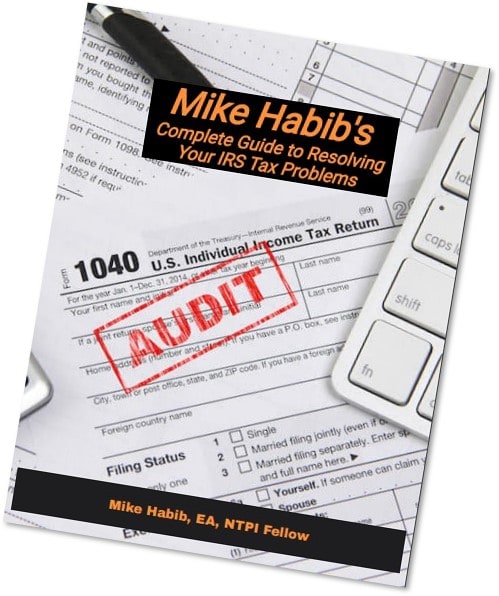Your Tax Problems
EDD Audit Appeal
California has a complex system of laws that govern their tax collection. One of the more unique areas is the Employment Development Department (EDD) and how they can conduct audits on businesses in the state. If you are a business owner in California, you may have to file an EDD audit appeal if the department determines something amiss with your tax reporting.
An audit conducted by EDD occurs if your business has classified a person receiving payroll from your business as an independent contractor instead of an employee. Any business that pays an independent contractor may face an EDD audit. This is because the EDD may consider anyone paid by your business to be considered an employee which means you may have to pay more in taxes as a result. What follows is what you need to do if you are faced with an audit from the EDD.
Get a free case evaluation by calling us at 1-877-788-2937.
File an Appeal Petition
You will need to file a petition with the California Unemployment Insurance Appeals Board (CUIAB) in a timely manner. Most business owners will have 30 days after the Notice of Assessment (NOA) has been issued. A petition generally consists of a letter that states why you disagree with the assessment made by the EDD and requesting a hearing for your case.
Filing within 30 days is important because if you do not a 15% penalty may be applied to the taxes that you must pay. By filing an appeal petition within the 30-day limit, you can avoid paying the penalty. Once the petition has been filed, you now have two options.
Settle or Pay the Assessment
By settling the matter, yourself or hiring an experienced, qualified tax professional to look over the evidence, you can go through the Settlement Office if you believe the issue may be resolved without a formal hearing. This may save you the expense of having your case heard by an administrative law judge. However, the downside is that your case may either be too complex or not appropriate for the Settlement Office to take on.
Or you can pay the assessment and then make the case for a refund. The advantage here is that your refund claim must be heard in Superior Court before it can go anywhere else. But that may not be your best course of action depending on the circumstances. Plus, you may have to pay additional expenses that might not be the case if you go through the Settlement Office. This means that you are recommended to do the following.
Talk to an Experienced EA, CPA or Tax Attorney
The complexity and unfamiliarity of the tax laws may lead to making mistakes if you are trying to do all the work yourself. Instead, you should consult with an experienced tax attorney-in-fact, CPA, EA firm that has handled such cases before. They can provide you with the insight needed to make the best-informed decision about what to do next.
By making an EDD audit appeal, you may be able to avoid having to pay additional taxes and benefits to an independent contractor. You will need to have the right information and representation to help maximize your chances of success when making the appeal.
Get a free case evaluation by calling us at 1-877-788-2937.
Settlements Program (DE 231SP)
AB 318, effective January 1, 1998, gives the Director of the EDD the authority to settle certain civil employment tax matter disputes that are the subject of protests, appeals, or claims for refund as authorized by CUIC § 1236. The most important reason for the development of this program has been to avoid the costs associated with prolonged litigation.
The EDD will consider as factors the risk of loss for the state, the cost of litigation, issues of fairness, financial hardship, and the survival of the business. The last three factors will not be considered alone as reasons for entering into a Settlement Agreement.
Some Settlement Agreements are subject to approval by an ALJ or the State Attorney General’s Office, once the EDD and the employer reach an agreement.
Once completed, agreements, which forgive more than $ 500 in total tax and penalties, become public record (CUIC §1236)
Get a free case evaluation by calling us at 1-877-788-2937.



